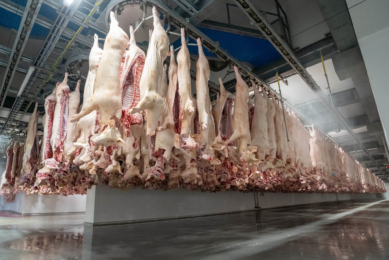US: Coalition urges Congress to act on Korea FTA
An ad hoc coalition of agricultural and food organizations and companies in a letter sent to members of Congress applauded the recent resolution on issues in a free trade agreement between the United States and the Republic of Korea and urged lawmakers to approve the trade deal as soon as the Obama administration sends it up to Congress.
In December 2010, an outstanding issue with automobiles was resolved, allowing for U.S. congressional approval of the U.S.-South Korea FTA (KORUS). The agreement was signed June 30, 2007 – now more than three years ago.
The coalition letter, signed by 61 groups, emphasized that other countries are moving forward with FTAs with South Korea to the detriment of the United States. South Korea and the European Union, for example, have approved an FTA that will enter into force on July 1, 2011.
“Risks for U.S. agriculture – and they are extremely serious – arise if the KORUS FTA is not implemented,” said the coalition in its letter. “If this agreement is rejected, we stand to relinquish our export sales to countries that have implemented their own FTAs with
Korea.”
Once the KORUS FTA is implemented, more than 60 percent of existing import barriers will be removed immediately – this amounts to nearly $3 billion in U.S. food and agricultural products.
According to an analysis by the American Farm Bureau Federation, the KORUS FTA would result in $1.8 billion in additional sales to Korea, a 46 percent increase over existing sales. The analysis appears very conservative, according to Iowa State University economist Dermot Hayes and the American Meat Institute, who forecast increased U.S. beef, pork and poultry exports alone to be more than $2.1 billion.
The coalition pointed out that the new exports would create thousands of new jobs on the farm and in rural communities and throughout the economy.
Should the U.S. fail to implement the KORUS FTA, however, the U.S. pork industry would be completely out of the Korean market in 10 years, according to Hayes. A wide range of U.S. agricultural exports face a similar fate.
“We can either lose jobs as our market share declines in Korea,” the coalition said, “or we can create new jobs by expanding exports to that market.”
*** To read the coalition letter, click here: Coalition Letter or visit www.nppc.org.











